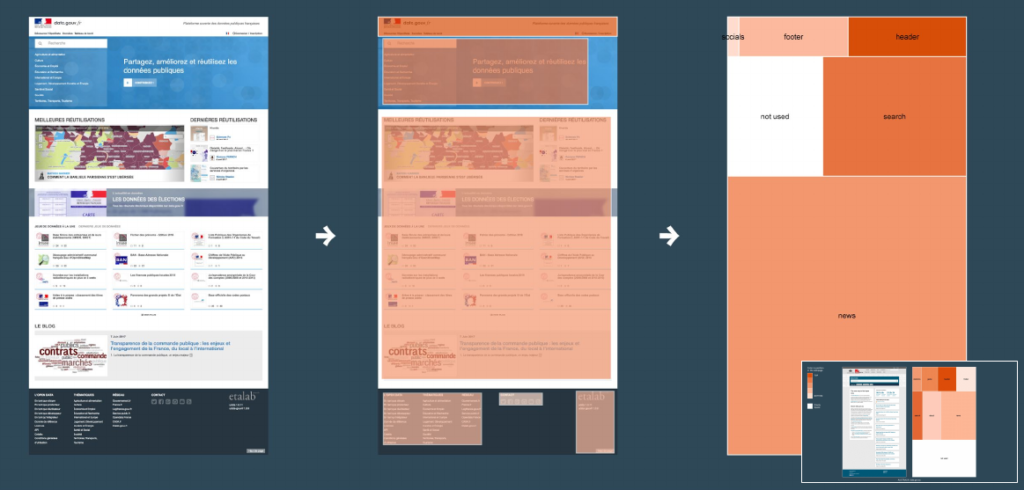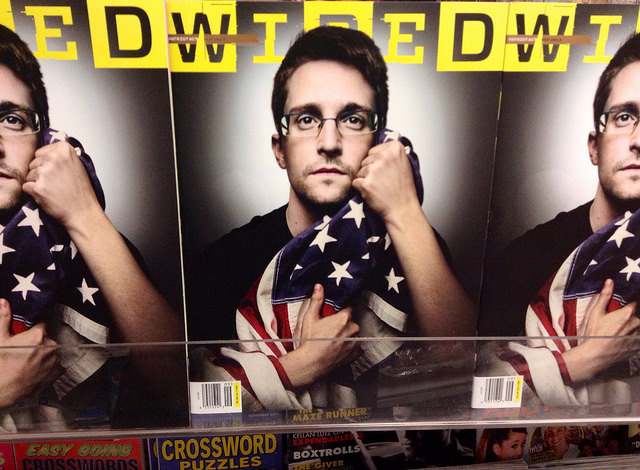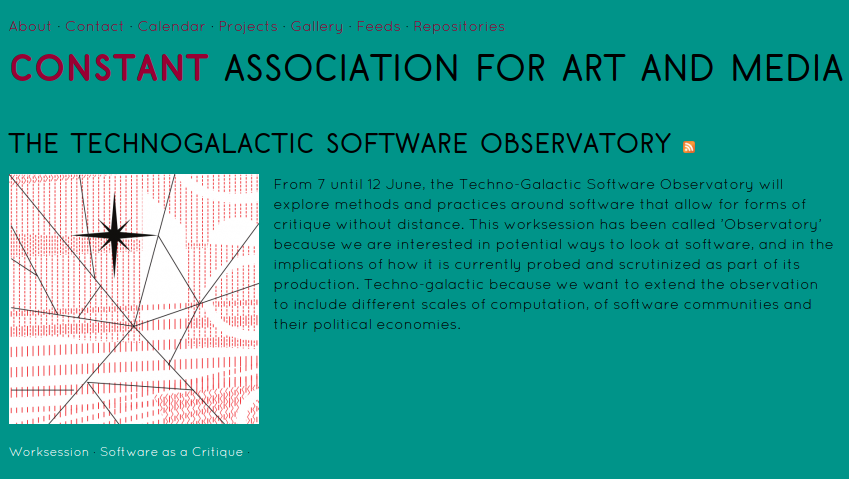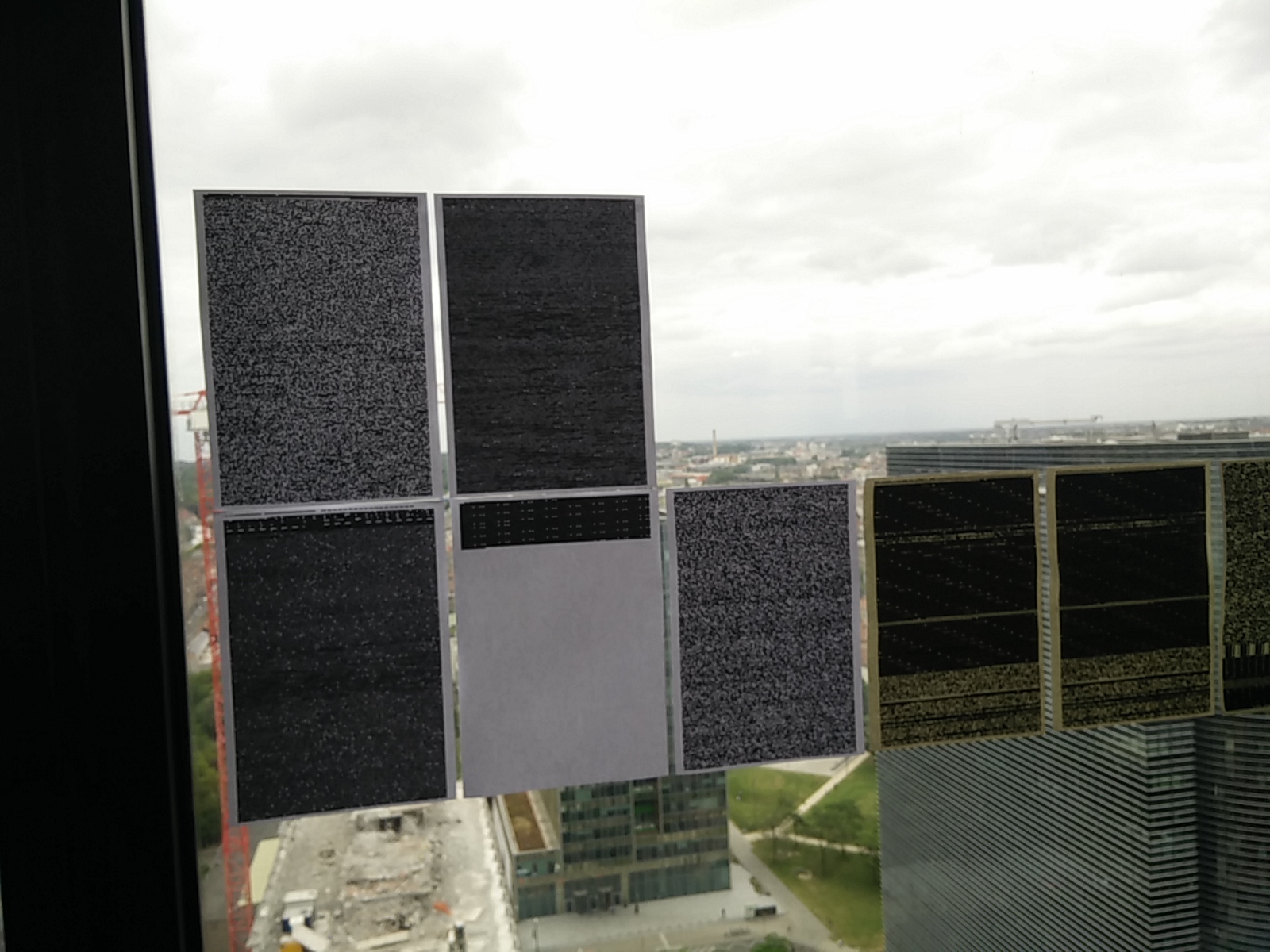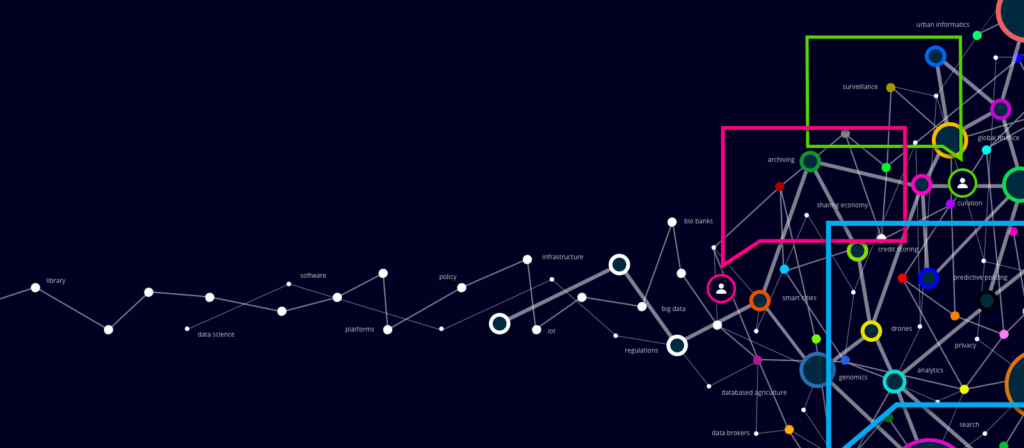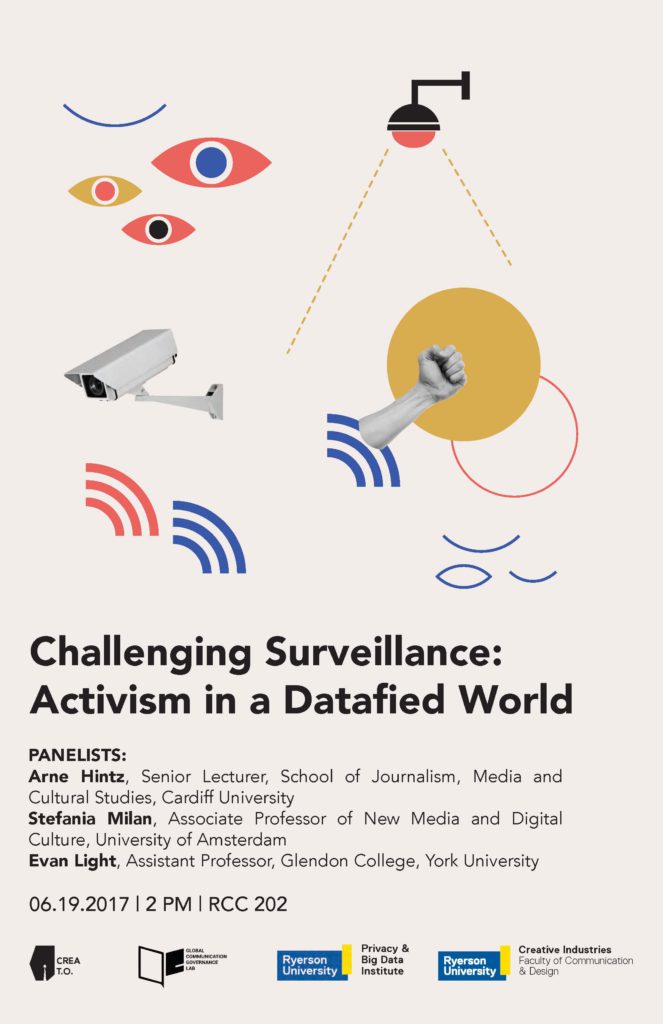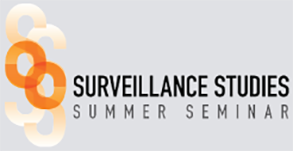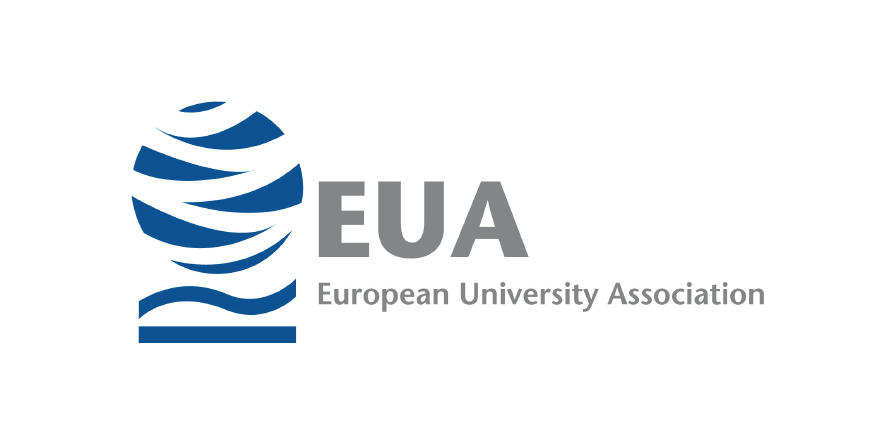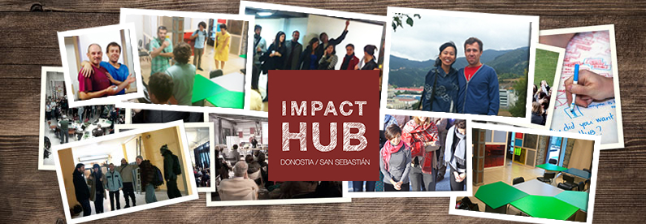In March-May 2017, I had the opportunity to join the DATACTIVE project as a research trainee, at the Media Studies Department of the University of Amsterdam. I first met the DATACTIVE team during the 2015 Winter School of the Digital Method Initiative (also at the Media Studies Department, UvA). At the time, we worked on tracing social networks through leaked files, and I very much appreciated the methods they use, and the great care they put into privacy consideration when dealing with people’s data. For these reasons, when I got the opportunity to enroll in a research traineeship abroad as part of my PhD project, I decided to go back to Amsterdam.
My research activities within DATACTIVE focused primarily on monitoring and reviewing the scope of and methods used by other research lab dealing with big data and civil society. More specifically, the aim of this research was to try and understand in which way DATACTIVE can learn from the research projects in question. This task lies at the exact intersection of the DATACTIVE research goals and my own skills and interests. My background bridges across political communication and Big Data: I completed a master in Big Data Analytics & Social Mining at the University of Pisa only some weeks before traveling to Amsterdam.
I analyzed about 23 projects from seven research labs, exploring a multitude of interesting methodologies and theoretical frameworks. It was sometimes challenging for me to deal with the many different aims, methods, and point of views represented in these different projects, but I had the possibility to familiarize myself with tools and methods used in other research labs. In what follows, I provide an overview of the most interesting findings, however hard it might be to do justice to all of them!
What have I studied?
1. Thanks to the Share Lab projects (The Share Foundation located in Serbia) I learned about the importance of meta-data, and how detailed information about people can be retrieved just exploring fragments of data, like mail headers or browsing internet histories (Metadata Investigation: Inside Hacking Team, Browsing Histories: Metadata Explorations).
2. Another research from Share Lab showed how Facebook algorithms work to match people with ads (Human Data Banks and Algorithmic Labour), and how an electoral campaign can be manipulated and dominated on the web (Mapping and quantifying political information warfare).
3. Analyzing projects developed with the CorText platform (set up by LISIS a research project located at Université Paris-Est Marne-la-Vallée in Paris) showed how text can be elaborated upon in a free and easy way to perform a more complex analysis. It can do for instance semantic networks analysis in a bunch of scientific articles (Textdrill), topic extraction and clusterization from newspaper articles (Pulseweb), or geographical clusterization through text analysis (GeoClust).
4. Forensic Architecture (Goldsmiths, University of London) exemplifies how videos, photos, interviews and other kind of (social) data retrieved on the web, could be useful to reconstruct the “truth” in hard-to-reach war scenarios such as the Al-Jinah Mosque case (in which they performed an architectural analysis of a building destroyed in a US Airstrike in Syria on March 16th 2016), MSF Supported Hospital (in which researchers, asked by MSF, tried to understand which national air force, between Russian or Syrian, carried the airstrike), and Rafah: Black Friday in which Forensic collaborated with Amnesty International to reconstruct war operations in Gaza during 1-4 August 2014. It was emotionally challenging to read the reports while keeping an academic distance. This was the case, for instance, in the reconstruction of “the left to die boat” case, a vessel left to drift in the middle of the Mediterranean sea in which sixty-three migrants (seventy-two in total) lost their lives, or the report on what happens in the Saydnaya prison in Syria in which witnesses reported abuses and tortures. These are only some examples of what I encountered during my research.
But this was not a solitary research endeavor. Being involved in all the DATACTIVE discussions, meetings, conferences, and reading groups over the period of three months shed new light on qualitative research in context of “data activism”. For example, we discussed how to code activists’ interviews in terms of research aims and coding methods.
Thanks to the DATACTIVE experience and to the analysis of some projects (i.e. The Snowden Disclosures, Technical Standards, and the Making of Surveillance Infrastructures, Marginalisation, Activism and the Flip Sides of Digital Technologies), I better learned the importance to take care of personal data, and pay more attention to the multiple sides of technologies, which we often take as a black box. I have also reflected extensively on how digital technologies could be of help to a broad range of research activities, starting from simple tasks to perform complex “counter” analysis that allows understanding how the global financial system works (Corpnet, University of Amsterdam) or how a more equal and collaborative economy could be developed (Dimmons, Internet Interdisciplinary Institute, Open University of Catalonia). I am also convinced that all these research and outputs should be known and shared also beyond academia, not only among scholars, for their ability to speak to the world we live in.
I think that the experience and knowledge gained in this research traineeship will definitely add up to my PhD work: entering such a huge field of research has indeed broadened my own perspective on political communication and Big Data. Finally, I really appreciated being part of the DATACTIVE research team and being exposed to their collaborative way of working, and I really enjoyed the cultural and life experience in. I hope to come back.
See you soon.
about Antonio Martella
Antonio is a PhD student at the Political Science Department of the University of Pisa. His research project is focused on political leaders, populism, and social media. He graduated in Business communication and human resource policy and has a postgraduate master in “Big Data Analytics & Social Mining” by the University of Pisa along with the CNR of Pisa.
Featured image: Edward Snoweden WIRED magazine cover on news stand 8/2014 by Mike Mozart of TheToyChannel

